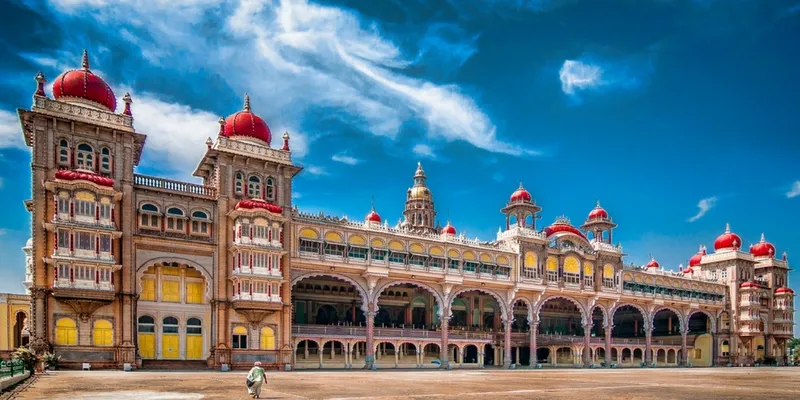A sneak peek into how Mysuru became one of the cleanest cities of India
Mysuru of Karnataka, also known as Mysore, has not been the cleanest city of India in 2015 and 2016 for nothing. Such an achievement calls for an admiration of the techniques and an understanding of the approach the city has employed for garbage cleaning.

Home to a population of almost 10 lakh, Mysuru city wakes up to whistles that call out for garbage collection, and people come out of their homes with two bins in their hands — one for compostable waste and the other for non-compostable waste. As many as 170 trolley autos and 400 pushcarts go around the city to collect the garbage, and are reunited at nine recycling centres where the garbage undergoes appropriate segregation. The city has a large compost plant, and 47 different centres are allocated to collect dry waste. However, reusable material such as footwear, metallic items, bottles, plastic cups are outsourced to scrap dealers and the rest of the garbage is composted and sold to farmers.
DG Nagaraj, Health Officer, Mysuru City Corporation, said in an interview with Financial Express,
Zero landfill is our motto. We don’t want waste to be waste, we want to get wealth out of it.
For a movement this big, awareness campaigns also run on a high scale. WhatsApp has been instrumental in spreading awareness and so have been morning radio jingles, pamphlet distribution, and street plays. Some employees of the government even knock on doors to talk about the issue of waste recycling and about developing the city. The city has diligently followed the 3 Rs rule — Reduce, Reuse, Recycle — due to which an evident outcome can now be seen.
As reported by Indiatimes, Mysuru has achieved 100 percent door-to-door collections, and 80 percent of its garbage is segregated even before it is processed. The public toilets are completely functional and free of posters. As much as 98 percent of drains are covered in a network of 1,586 km. Needless to say, Mysuru is open defecation free (ODF).
Do you have an interesting story to share? Please write to us at [email protected]. To stay updated with more positive news, please connect with us on Facebook and Twitter.







